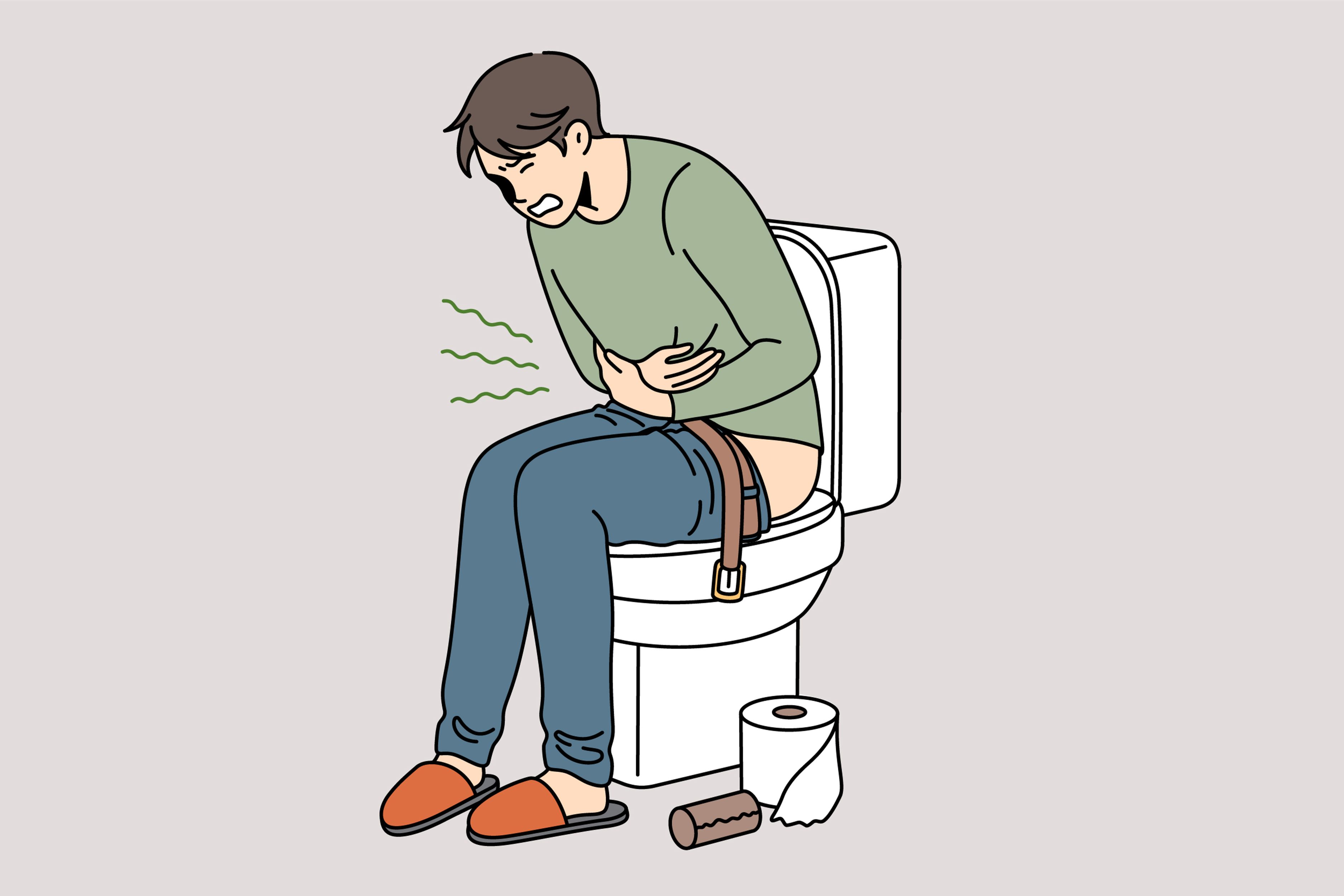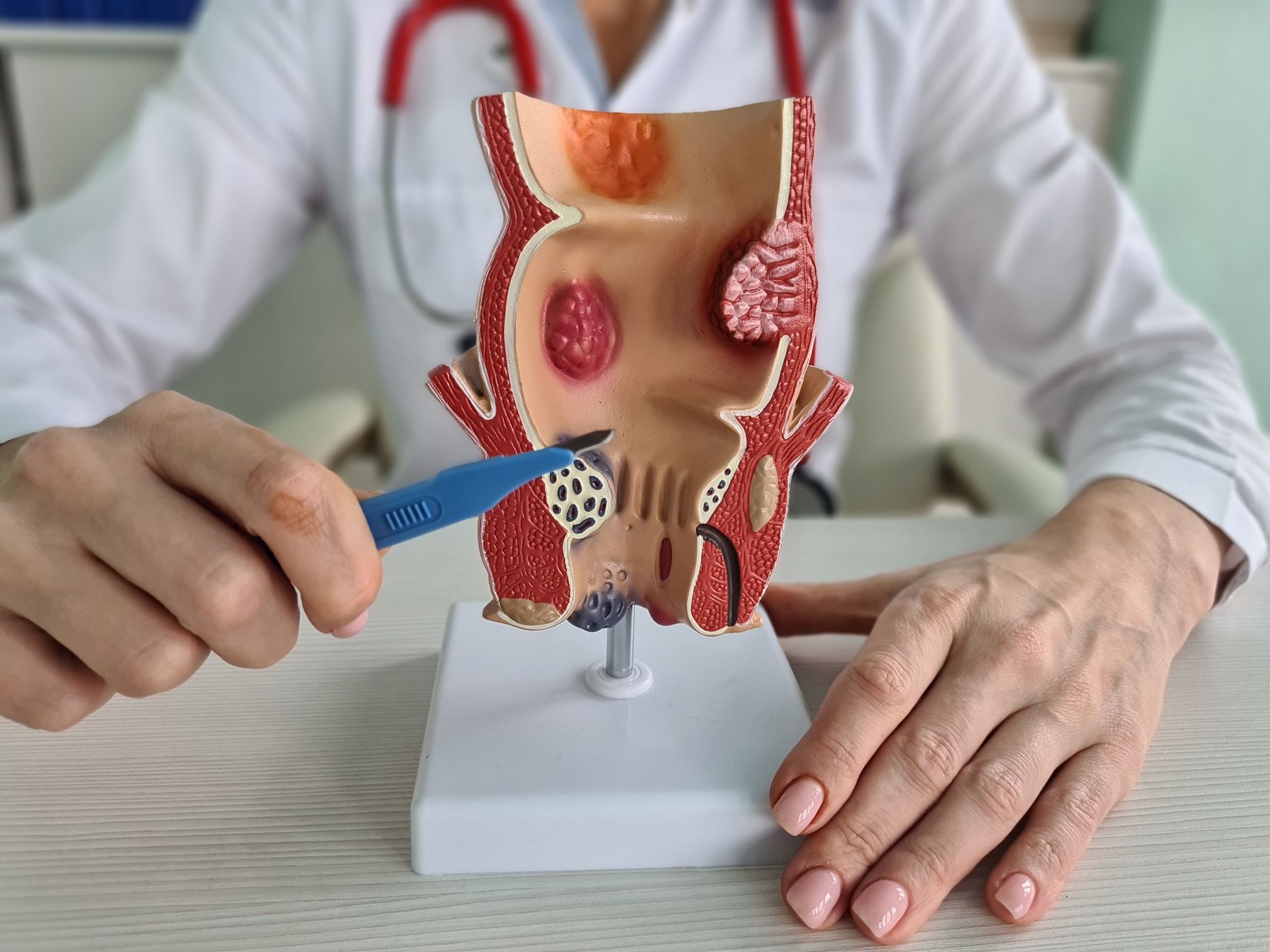28-34, B WING ,AMRAPALI SHOPPING MALL,AHMEDABAD 380058
Dr Dhaval Patel's Treatments

Laproscopy surgery
Laparoscopic surgery is used for a wide range of medical conditions, including, gastrointestinal issues, urological problems .and gynecological disorders The technique is particularly popular for surgeries like appendicectomy, gallstones, hernia,hysterectomy.etc,.
In summary, laparoscopic surgery is a minimally invasive surgical procedure that offers several advantages over traditional open surgery, including less pain, less scarring, and faster recovery times. While not suitable for all patients or conditions, laparoscopic surgery is a valuable option for many patients who require surgical treatment.
Piles ,Fissure And Anal Fistula Surgery
-
Piles
-
Fissure
-
Anal Fistula Surgery
Piles
Piles, also known as hemorrhoids, are a common medical condition that affects many people worldwide. This condition occurs when the veins around the anus and rectum become swollen and inflamed, leading to pain, discomfort, and bleeding. If you are suffering from piles, don't worry; there are several effective treatments available to help alleviate your quality of life.


Fissure
A fissure is a small tear or crack in the skin, most commonly found in the anus. It can be caused by a variety of factors, including constipation, diarrhea, childbirth, and anal intercourse. If left untreated, fissures can lead to discomfort, bleeding, and infection. fissures may be uncomfortable, but they are easily treatable. By incorporating these simple and unique treatments into your routine, you can quickly and effectively alleviate the pain and discomfort associated with fissures. If you have any concerns about your symptoms or treatment options, be sure to speak with your healthcare provider.
Anal Fistula Surgery
An anal fistula is a small tunnel that forms between the skin around the anus and the inside of the anal canal. It can be caused by an infection in an anal gland or a tear in the lining of the anal canal. If left untreated, an anal fistula can lead to chronic pain, discomfort, and infection.
-
Pain around the anus that worsens during bowel movements
-
Swelling or a lump near the anus
-
Discharge of pus or blood from the anus
-
Itching or irritation around the anus
-
Fever and chills (in severe cases)


Hernia Surgery
A hernia occurs when an organ or tissue protrudes through a weak spot in the surrounding muscle or connective tissue. It is most commonly found in the abdominal area but can occur in other areas of the body as well. If left untreated, a hernia can cause pain and discomfort, and in some cases, can lead to serious complications.
Hernia surgery is a common procedure used to repair a hernia. There are two main types of hernia surgery: open hernia repair and laparoscopic hernia repair.
Circumcision Surgery
The circumcision procedure involves removing the foreskin from the penis using a scalpel or a surgical device called a circumcision clamp. The procedure is usually performed under local anesthesia or general anesthesia, depending on the age of the patient and the preference of the surgeon.
There are several reasons why parents may choose to have their newborn sons circumcised. Some cultural or religious groups consider circumcision to be a necessary rite of passage or a religious obligation. Others choose to have their sons circumcised for hygiene reasons, as it is believed that circumcision may reduce the risk of urinary tract infections and certain sexually transmitted infections.


Breast Surgery
Breast surgery, also known as breast augmentation or mammoplasty, is a surgical procedure that involves the enhancement, reduction, or reconstruction of the breast tissue. The procedure is commonly performed to improve the appearance of the breasts, correct asymmetry or congenital defects, or to treat breast cancer.
Breast surgery is typically performed under general anesthesia, and the length of the procedure varies depending on the type of surgery being performed. Recovery time also varies depending on the type of surgery and the extent of the procedure.
Cancer Surgery
Cancer surgery is a medical procedure used to treat cancer by removing cancerous tissues or tumors from the body. It is a common treatment option for many types of cancer, and is often used in combination with other cancer treatments such as chemotherapy or radiation therapy.
Before the surgery, the patient will undergo a series of tests and evaluations to determine the best course of action. The surgeon will consider the location and size of the tumor, as well as the patient's overall health and medical history. They will also discuss the potential risks and benefits of the surgery with the patient.

Minor Surgery
Minor surgery is a medical procedure that involves a small incision or manipulation of tissue, usually performed on an outpatient basis. It is typically performed under local anesthesia, meaning that the patient remains awake but the area being operated on is numb. Minor surgery is usually less invasive than major surgery, and is often used to treat common medical conditions such as skin lesions, cysts, and warts.
Minor surgery is generally considered safe and has a low risk of complications. However, as with any medical procedure, there is always a risk of infection, bleeding, or other complications. It is important to follow all pre-operative and post-operative instructions provided by the healthcare provider to minimize the risk of complications and ensure a successful outcome.


Uro Surgery
Urology surgery, also known as urologic surgery, is a surgical specialty that focuses on the diagnosis and treatment of medical conditions affecting the urinary tract and male reproductive system. The urinary tract includes the kidneys, ureters, bladder, and urethra, while the male reproductive system includes the testes, epididymis, vas deferens, prostate gland, and penis.
Urology surgery is performed for a variety of reasons, including the removal of cancerous or benign tumors, repair of congenital defects, treatment of incontinence, and management of kidney stones. The exact type of urology surgery depends on the underlying condition and the patient's overall health.
